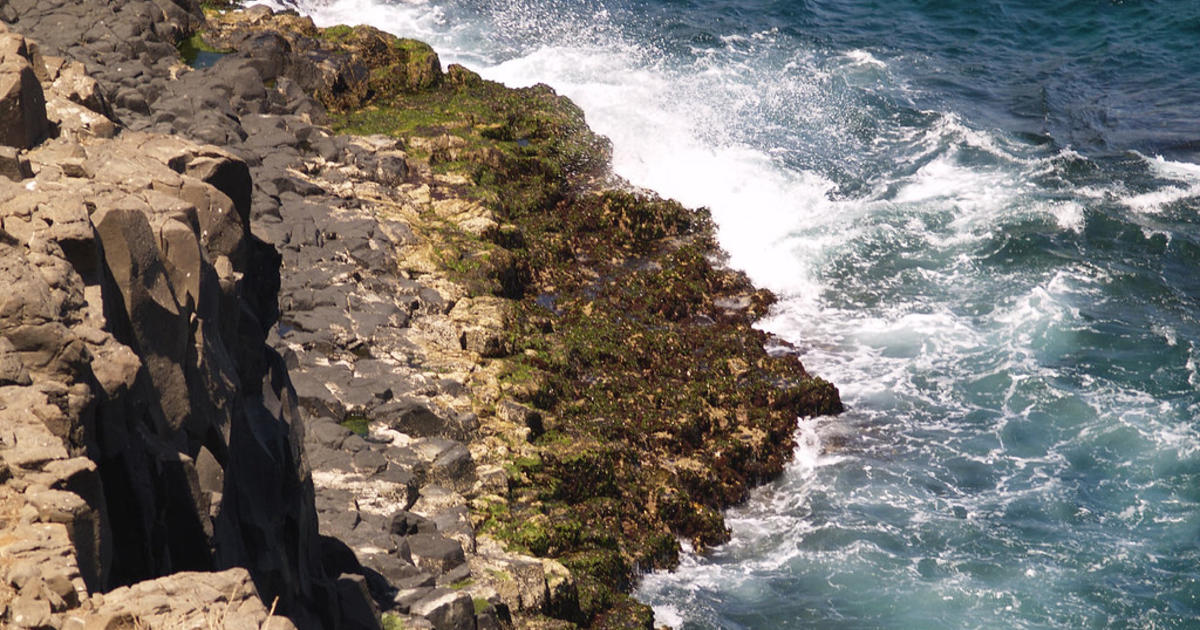(4 minutes read)
Countries lying on Africa’s east coast are increasingly becoming environment-friendly. They are pursuing climate funding initiatives in a systematic manner to boost the livelihoods of oceanside communities, aid biodiversity, and take climate action
Countries lying on Africa’s east coast are increasingly becoming environment-friendly. They are pursuing climate funding initiatives in a systematic manner to boost the livelihoods of oceanside communities, aid biodiversity, and take climate action.
African coastal and island states and conservation groups outlined plans to boost ocean conservation and economic development through a system of ” blue bonds”. This is a method of financing projects that would also benefit ocean health. Carved on the basis of the UN initiatives for sustainable development, the project is making an appreciable dent in the ecosystems of these countries.
The initiative has similarities with the Great Green Wall being built along the Sahel region. East African nations are now seeking funds for the Great Blue Wall initiative, which aims to protect marine areas across the coastline. Both the initiatives are aimed at preventing environmental damage and combating climate change while creating sustainable ecosystems.
The Great Blue Wall initiative was launched last year by ten western Indian Ocean states during the U.N.’s climate conference in Glasgow. It aims to create a network of coastal and marine protected areas which supporters say would restore and conserve some 2 million hectares of ocean, capture 100 million tons of carbon dioxide, and secure livelihoods for over 70 million people.
The project’s coverage includes the east coast from Somalia to South Africa to the island states of Comoros, Madagascar, Mauritius, Seychelles, Somalia, and the French territories, Mayotte and Reunion.
The U.N. says many of the financial climate promises made by richer countries are not disbursed in full with the result that many African nations are unable to take necessary adaptation and mitigation measures against the effect of climate change.
Read Also:
The African Development Bank said that between US$1.3 trillion and US$1.6 trillion is needed by 2030 to implement climate action as per targets set by individual countries to limit global warming to 1.5 degrees Celsius (2.7 degrees F) and no more than 2C (3.6 F). But blue bonds are currently just a fraction of ocean conservation funding.





